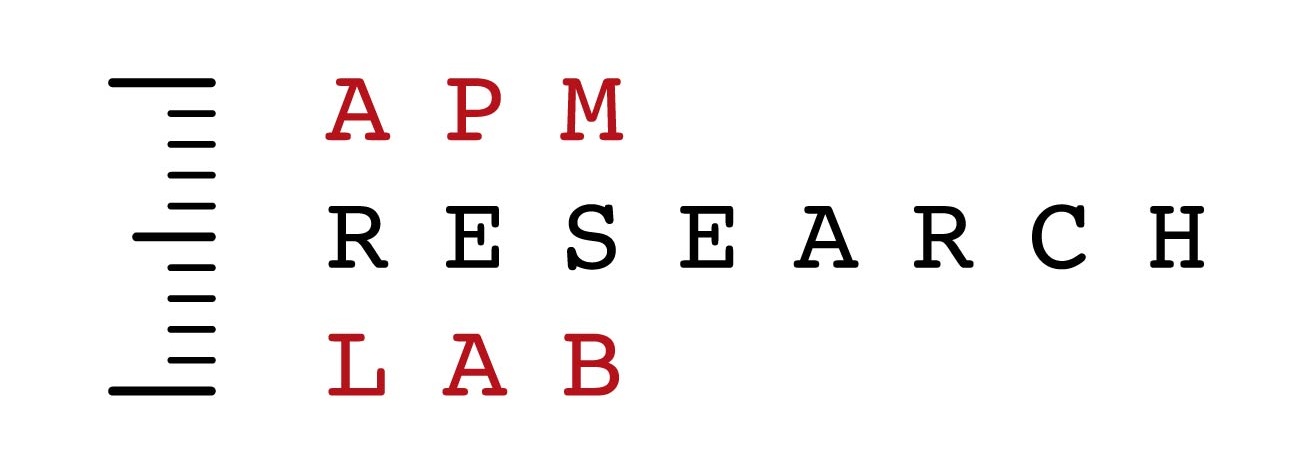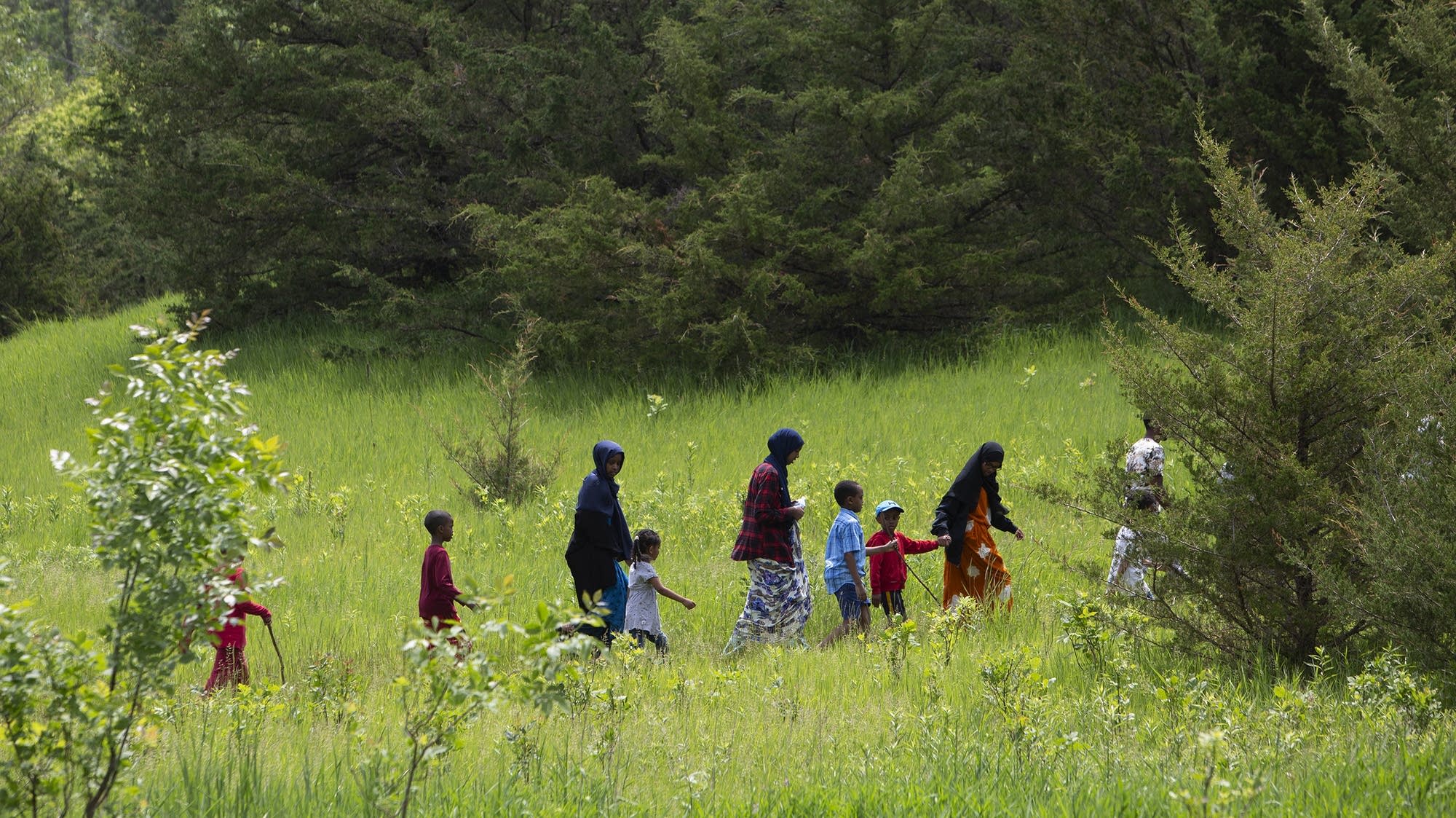Survey | Environment
APM survey: How often do Americans spend Free time in nature?
by APM RESEARCH LAB STAFF | July 15, 2019
Getting outside to enjoy nature is a pastime enjoyed by millions. But how often are Americans spending recreational time in the great outdoors? And what are some of the barriers preventing people from getting out more?
In partnership with the Water Main, we asked a nationally representative sample of Americans two questions:
How often do you spend free time in nature? This includes things like going to a park, going for a hike, or going to the beach. This does not include activities like organized sports such as basketball or baseball. Would you say: Several times a week; about once a week; once or twice a month; less than once a month; or never?
What is the single biggest thing that keeps you from spending more free time in nature?
Key findings: Free time spent in nature
Two-thirds of American adults spend free time in nature at least once or twice a month, including nearly half of all adults who say they do so at least once a week.
One in six American adults reports never spending free time in nature.
Most Americans spend free time in nature at least monthly, but 16 percent never do
Question: “How often do you spend free time in nature? This includes things like going to a park, going for a hike, or going to the beach. This does not include activities like organized sports such as basketball or baseball.”
Source: APM Survey (April 30 – May 5, 2019). N = 1,000 U.S. adults age 18 or older; overall margin of error is +/-3.6 percentage points. “Don’t know” responses are not shown.
Among adults, the groups that most often spend free time in nature are those age 18-34, those with college or graduate degrees, and those in the North Central and Western states. About one-third of each of those groups report spending time in nature “several times a week.”
The groups that are most likely to report “never” spending free time in nature include those age 65 or older, those from lower-income households, and African Americans.
Factors keeping people from spending more time in nature
Americans give a variety of answers in response to the open-ended question, “What is the single biggest thing that keeps you from spending more free time in nature?” By far the most common category of responses, mentioned by nearly one-third of respondents, has to do with work-related obligations. Health issues and disabilities, followed by a general lack of time, are the next most commonly given reasons for not spending more free time in nature.
Most common reason given for not spending more time in nature: Work
Question: “What is the single biggest thing that keeps you from spending more free time in nature?”
Source: APM Survey (April 30 – May 5, 2019). N = 1,000 U.S. adults age 18 or older; overall margin of error is +/-3.6 percentage points. “Don’t know” responses are not shown.
Work-related reasons are the most common category of responses for all demographic groups we are able to assess in this survey, except for those age 65 or older, and are especially common among those age 35-54, parents, and Hispanics. Here are some examples of work-related reasons for not spending more time in nature:
I got a lot of work to do so that doesn’t let me spend more time in nature as much as I want to. — a 55-year-old man from Pennsylvania
I have a lot of work which does not give me the time to do anything else. — a 43-year-old woman from California
Health-related issues are the leading barrier to spending more time in nature among those age 65 and older. Additionally, this category of responses is especially common among those of all ages from households with annual incomes below $25,000. Responses citing health reasons for not spending more time in nature include:
My health; I’m using walker and my husband just recently had heart attack. — a 73-year-old woman from Arkansas
Because I'm in a wheelchair, you know, my disability. — a 47-year-old woman from Connecticut
This survey was sponsored by the Water Main. Data collection was provided by SSRS.



